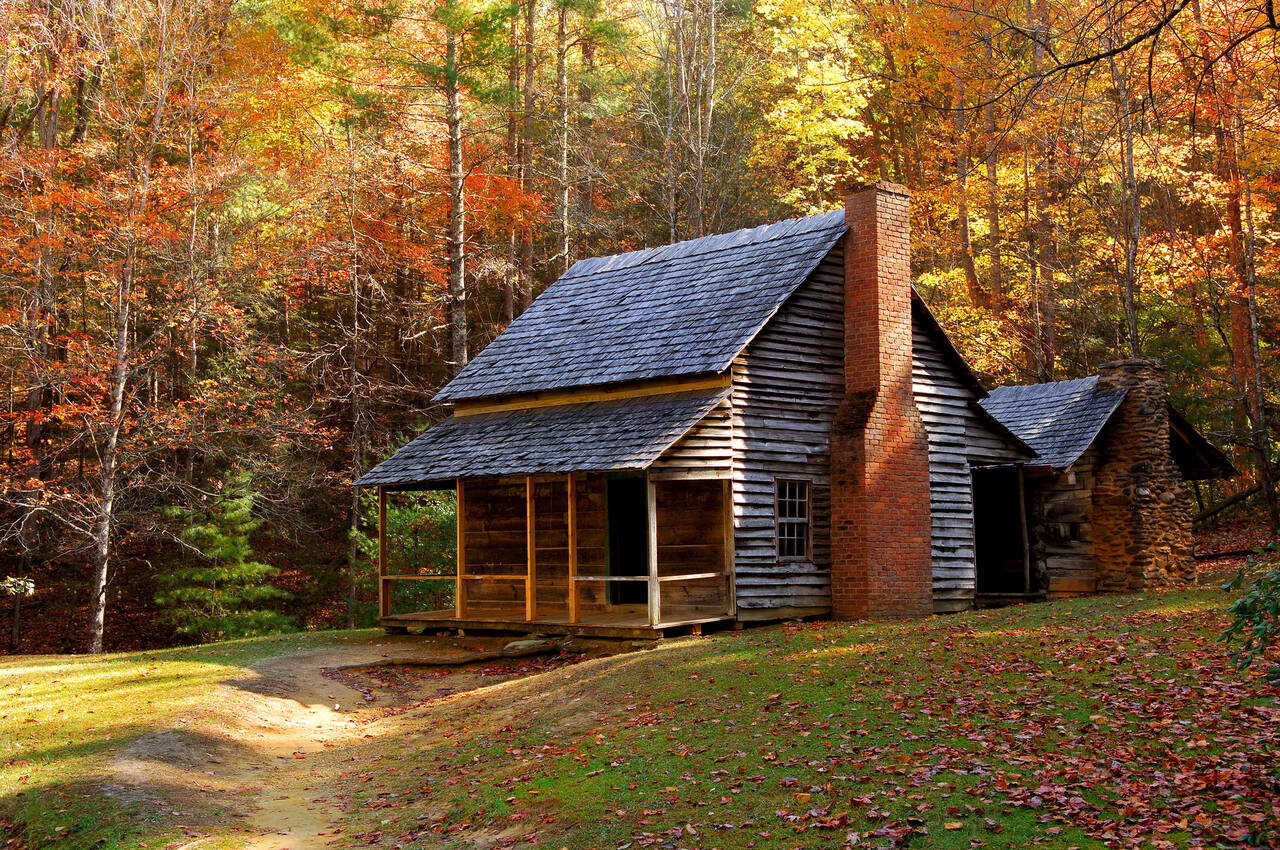Finding the Space
Since homesteading typically involves gardening and rearing livestock, one of the common challenges new homesteaders face is finding the right amount of space.
Although some livestock — like chickens or goats — are manageable enough to raise in a small backyard, others — like cows or other large animals — typically require some acreage.
There are a few different ways to go about this. You can buy a property that already has the space you need, or you can lease land from someone else.
Of course, with any of these options, there are pros and cons to consider. Buying a property outright may be the most expensive option, but it also gives you the most control over your land.
Leasing land can be cheaper in the short term, but you might not have as much control over how the land is used. Some landlords may not allow you to bring along animals onto the property unless the animal is a service animal or an emotional support animal.
Ultimately, the best way to find the right amount of space for your homesteading needs is to sit down and figure out exactly what those needs are. And for some, this may even entail moving to an area that provides enough land for you to fully commit to homesteading.
Your decision may also come down to the structural integrity of the shelter for you and your animals. Fortified shelter to withstand the elements, for current and future conditions, will be essential.

